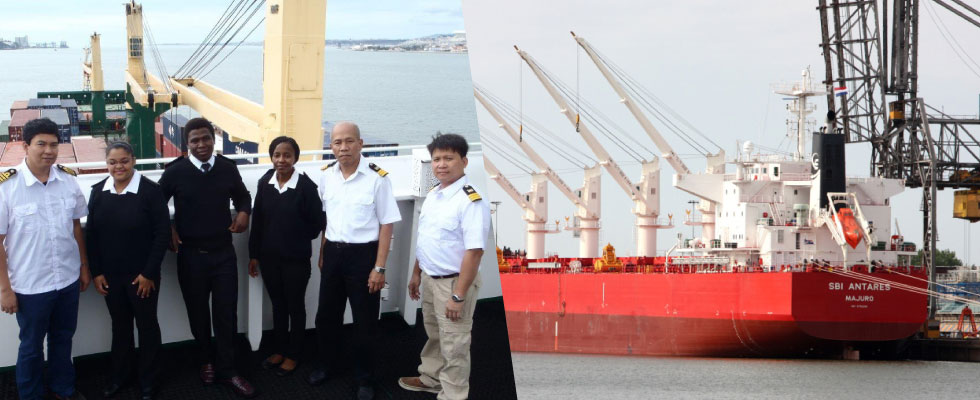
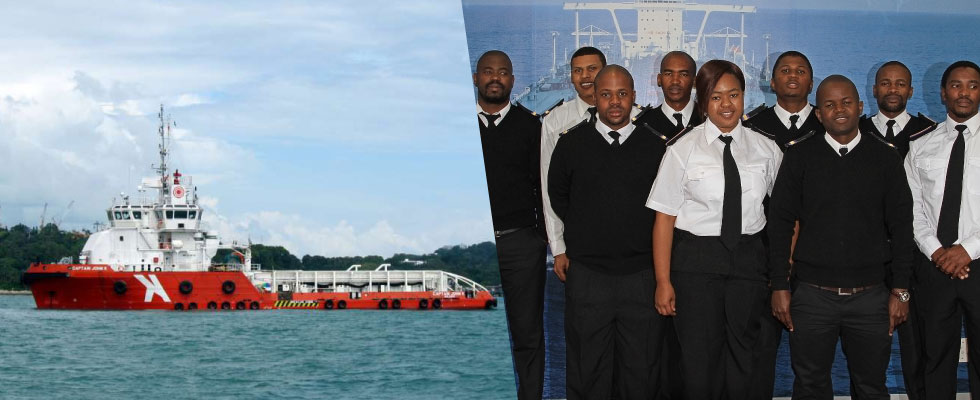
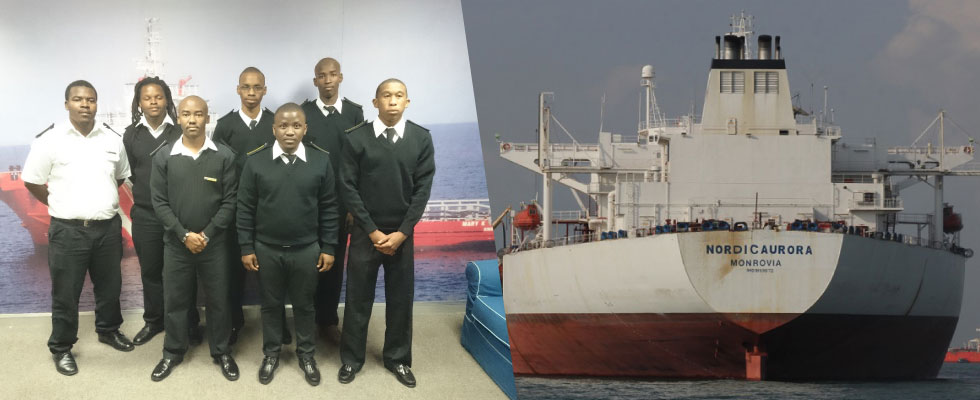
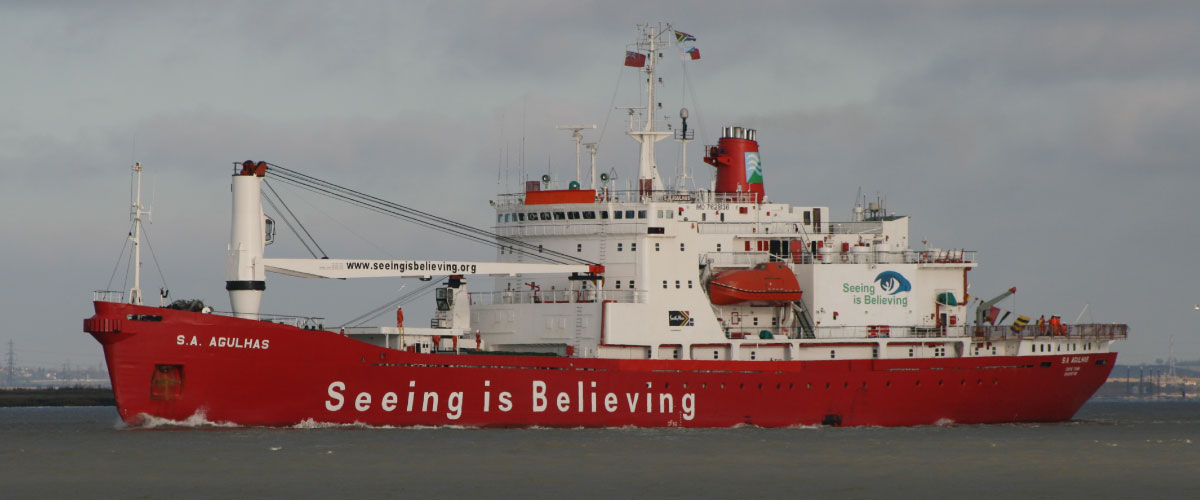
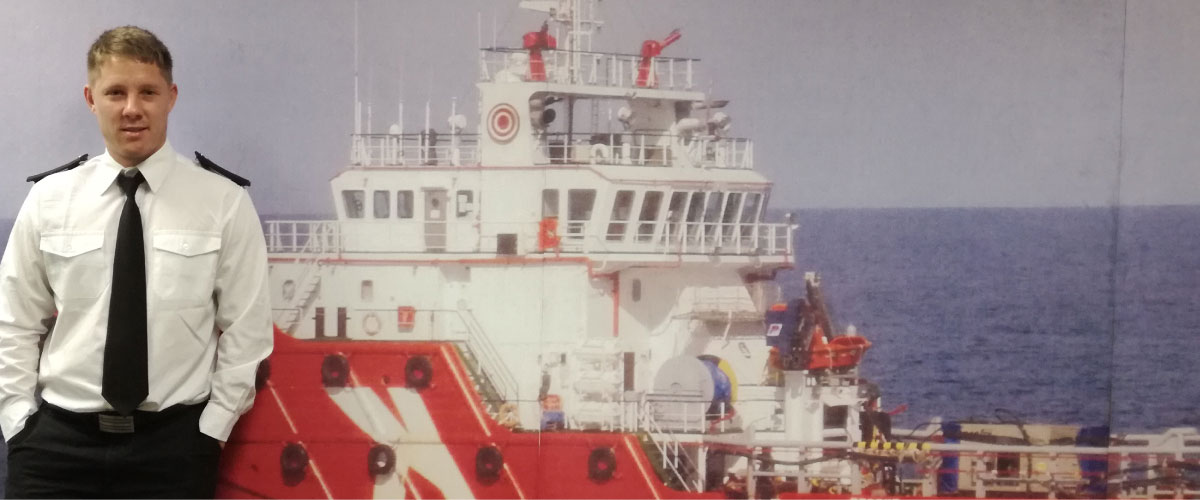
The South African Government, in support of growing its maritime economy and South Africa as a supplier of highly trained seafarers, has implemented a National Cadet Training programme (NCP).
The NCP is overseen by South African International Maritime Institute (SAIMI) and supports the South African Government’s aim to grow the South African seafarer base, in partnership with international shipping companies, who make training berths available for the training of South African seafarers.
Marine Crew Services is one of a handful of companies appointed to manage the NCP on behalf of the South African Government (via SAIMI) and we invite international shipping companies to partner with us in this initiative.
South African students wishing to be included in the sea-going National Cadet Programme, must have completed and successfully passed all academic theoretical components of the Deck or Marine Engineering Officer Programmes – as required under the STCW Convention, as amended and the SAMSA Code, as amended.
In addition, candidates must have passed a SAMSA (or higher-requirement Flag state) medical examination, with a ‘fit-for-duty’ medical certificate.
Candidates should have passed the SAMSA eyesight test and should have a valid South African passport.
The benefits to international ship-owners and managers who support the NCP are significant and include:
Shipping companies who participate in the NCP are required to provide training berths, to mentor and monitor on board training, using the ISF record book. Companies can apply their own suitability assessment tools and do their own selection of candidates.
Cadets enter the NCP having completed all tertiary studies up to Officer of the Watch. All STCW short courses are completed prior to the first seagoing appointment.
Cadets typically do a minimum of 12 months sea time on board trading vessels with GT ≥ 500 and propulsion power ≥ KW 750.
Companies are furthermore encouraged to employ the graduate officers in the rank of Junior Officer for six months, prior to promotion into rank. Employment after graduation is not obligatory, nor guaranteed to the trainees.
South Africans in general have a reputation for being hands-on, hard-working, responsible and competent. They are known for their resourcefulness, their ‘can do’ attitude and willingness to ‘make a plan’, as and when required.
Other factors in favour of investing in the training of South African seafarers include:
Do you have any training-related questions?
Contact us on training@marinecrewsa.com